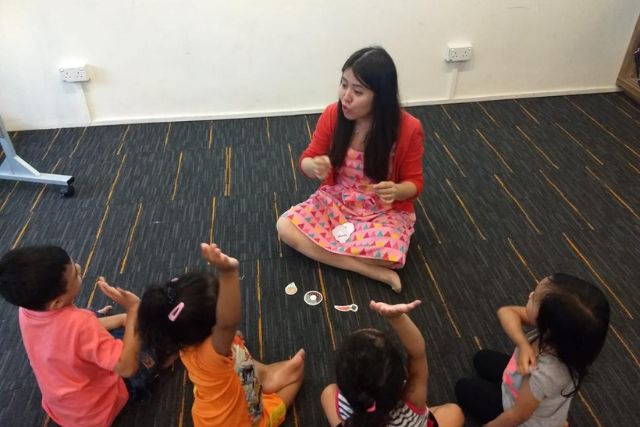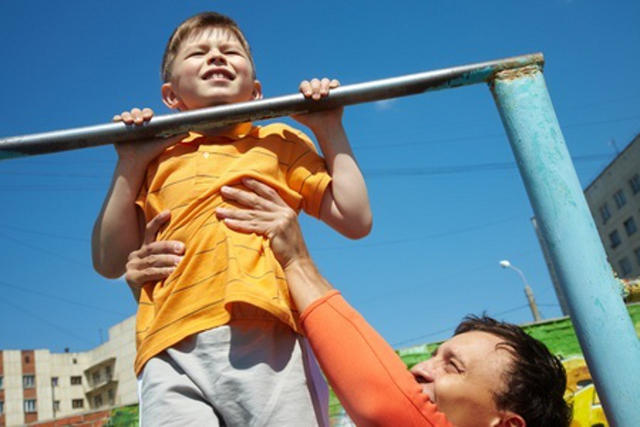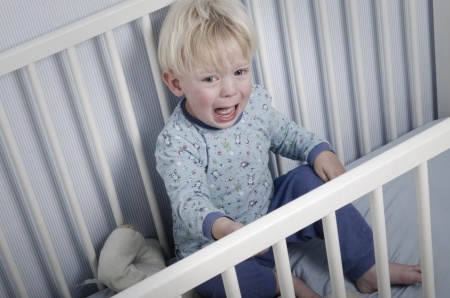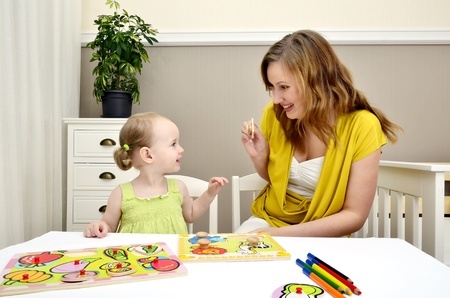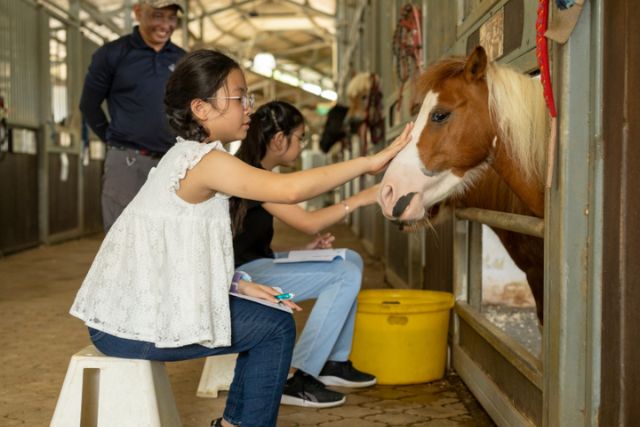Media exposure is not just television. It includes mobile time, computer usage, iPad face time, screen time for homework, video games etc. When all these add up, it may be surprising to know that our children are far more engaged in media exposure than what we would assume.
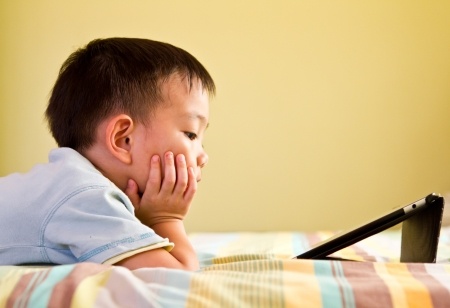
While the media has its advantages, how much is too much and how much is age-appropriate? The truth around us shows that children are indeed over-engaged. There are toddlers who own their parents’ ipads and operate their phones. 2 – 4 year old using Youtube. The average 8 – 10 year old spending half the day virtual gaming and such.
It is important that as parents we are informed about the topic instead of working on assumptions fed by the “normalised” digital environment around us. Only when we have knowledge are we more effective in monitoring their digital diet.
How Much Is Too Much?
This question obviously varies with the age of the child. Generally, the number of hours increases with the age of a child, with a recommendation of 1-2 hours for pre-schoolers and the absence of television and entertainment media for children under age 2. Infants and young children in their first three years are still developing their brain. Media exposure can affect the brain development process; there are many findings on this with ADHD associations etc enough for another article. Infant DVDs out there have no evidenced benefit demonstrated to date.
Symptoms of over-engagement:
- Exhibiting irritable behaviour when the device is taken away.
- Conversations revolve around digital activity.
- Dependence on media as a ritual. For example, cannot eat a meal without watching a video. Must. Always. Watch. To. Eat.
- Social withdrawal. Not looking at people when talking but transfixed to the device. Would rather be playing or watching a device instead of being present with family and friends.
- Denial. Watering down any negative consequences and being overly defensive.
- Losing sleep.
- Inability to focus on the present moment. Cannot sit still or just be at rest.
Myths & Truths
Children need to be engaged
Yes, it is true partially. Children’s attention span is shorter than adults need more attending to. It is essential that engagement comes in a variety of forms, books, exploring toys, pretend play, talking (or listening) to others. However, it is also alright for children not to be engaged all the time. It is OK to just sit for a period of time, for example in a chair or just sit on the train. It is important for children to know that they don’t have to be doing something at all times.
Difficulty in setting limits
It is challenging to set limits on digital usage. For one, it gives parents free time whenever the kids are engrossed in the digital world. Secondly, children usually ask for more time on it. So it works both ways. A 20min video to catch a quick shower or serve up a dish would be very different from using media as a babysitter. Setting limits need to be intentional and it will be a delicate balance. Too much of a good thing isn’t always good.
It is just a lighted screen
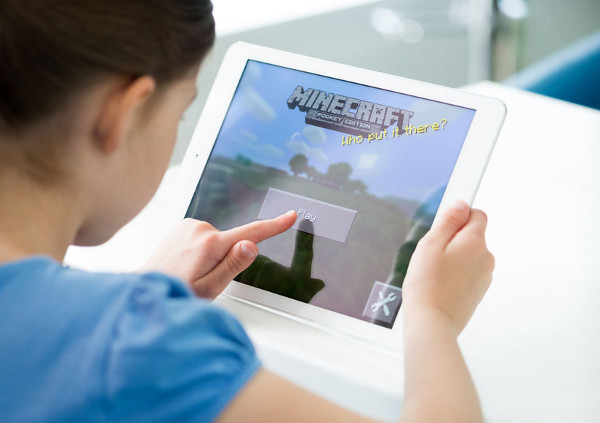
This may seem so to infants or young toddlers. However, there is a sound basis of why media exposure is discouraged for kids two and below. The newborn brain develops 3 times in size in the first 2 years of life. Flashing images come together to make that cartoon on the screen, over-stimulating the brain at high frequency. The newborn is not able to process content, hence it is just a bombardment of images and sounds. Appropriate media would be more beneficial when a child is older advises Dr Dimitri Christakis, director of the Center for Childhood Health, Behavior, and Development at the Seattle Children’s Research Institute, and professor of Pediatrics at the University of Washington.
Without media they will be bored
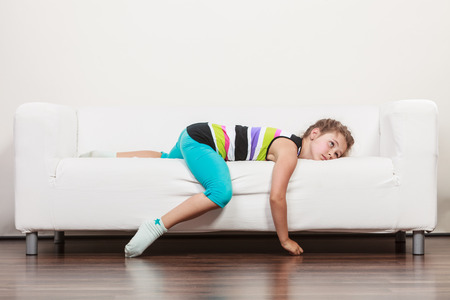
Truth be told, is it the child who is bored, or is it the parent? It may be tempting for us to whip out our own devices or catch up on the drama or news after reading a few books or playing blocks with the kiddos.
One father shares that he is able to connect with his toddler in a variety of ways, besides doing activities, sometimes he talks about what he does and shares simple stories. A cold hard truth, we need to be role models. If we easily tire, cannot do without our own devices and become bored first, our children will, of course, be bored without devices too. There may be some habits the adults may need to unlearn.
At the end of the day, the media is not a bad tool in itself. It really depends on how it is being used. Ultimately it is up to the parents to pass on the values they want their children to have. If not, be sure the media and advertisers will.
By Som Yew Ya.
* * * * *
What are your thoughts? Share them with us in the comment box below.
Want to be heard 👂 and seen 👀 by over 100,000 parents in Singapore? We can help! Leave your contact here and we’ll be in touch.













